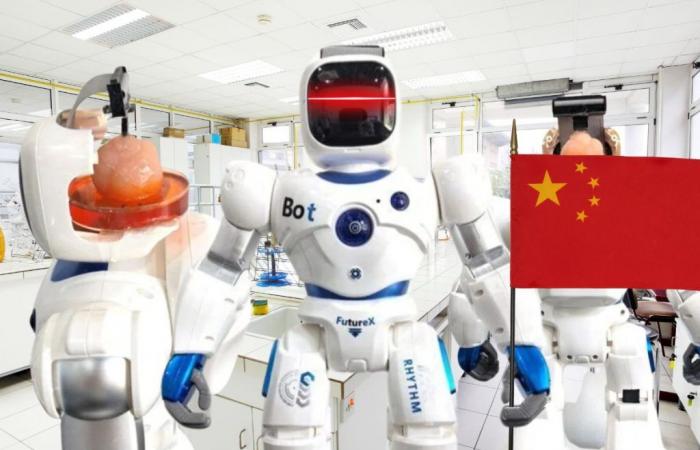
Chinese scientists create robotic brain from human stem cells.
Science has reached a milestone with the creation of a robotic brain grown from human stem cells. This revolutionary advance, made by researchers based in Hong Kong, opens up promising new avenues in the fields of regenerative medicine and neurology. Details on this technological feat and its potential implications for the treatment of brain injuries and neurological diseases.
Read also:
The discovery: Transforming stem cells into functional neurons
Researchers at the Hong Kong University of Science and Technology (HKUST) have developed a novel technique to transform human stem cells into functional neurons, without resorting to viruses. The feat relies on the use of a specific cocktail of chemical growth factors, as detailed in a study published in the scientific journal Cell Stem Cell.
China set to disrupt Airbus-Boeing hegemony with 2,900km range electric aircraft set to launch in 2027
Potential applications: Towards artificial brain tissue
Researchers are looking to create artificial brain tissue that can connect to damaged neurons, offering a potential path to restoring motor function, memory stabilization, and the autonomic nervous system. This approach opens new avenues for modeling human neurological diseases and developing innovative treatments.
Scale and clinical applications: Challenges and advances
Currently, the neurons produced are between 200 and 300 microns, a size that still needs to be increased to achieve significant clinical relevance. The researchers plan to begin clinical trials within the next three years, after obtaining preliminary approval from local authorities.
Performance of artificial neurons: Similarities with natural brain cells
The lab-grown neurons showed remarkably similar performance to natural brain cells in terms of speed and responsiveness to chemical stimuli. This similarity opens the door to potential applications in drug testing and basic brain research.
Development Methodology: A Chemical Growth Cocktail
The transformation of the cells into specialized neurons took place under the influence of a carefully designed growth medium, composed of relatively low concentrations of common chemicals already used in the laboratory for the development of other types of cells. This approach could also be extended to other cell types, thus offering promising prospects for regenerative medicine.
From fundamental research to clinical practice
This breakthrough could radically transform the way we approach the treatment of neurological diseases and brain injuries, paving the way for future developments in creating artificial brain tissue and modeling neuronal diseases.
China revolutionizes the world of energy and takes a leap towards nuclear fusion with the world’s first high-temperature superconductor tokamak
This article explores the revolutionary creation of a robotic brain from human stem cells by Hong Kong researchers. This promising advance opens new perspectives for regenerative medicine and neurology, providing potential solutions for the treatment of brain injuries and neurological diseases, while pushing the boundaries of research into artificial brain tissue.
Source : South China Morning Post





